
By Etse Sikanku (Prof) & Louise Carol Serwaa Donkor (Dr.)
A new research study published in Drumspeak, the International Journal of Research in the Humanities- a reputable and peer-reviewed academic journal- has found that Samira Bawumia contributed significantly to redefining the role of the second lady during her husband’s tenure as Vice President of Ghana.
The study, co-authored by Prof. G. Etse Sikanku and Dr. Louise Carol Serwaa Donkor, analysed media narratives about the second lady in selected credible media houses in Ghana.
Findings indicate that Mrs. Bawumia was perceived as a stabilising force, due to her decorous, spouse-worthy, gracious and generally decent demeanour.
While she fulfilled the traditional expectations of the second lady role, the second most prominent frame identified in the research was her role as a social interventionist.
This frame highlighted Mrs. Bawumia’s commitment to social programs, especially those targeting young girls, women, and children. Her initiatives aimed to equip them with skills and empower them to achieve their goals.
As second lady, she was deeply involved in a range of national and international programs focused on improving the welfare of underprivileged girls, youth, and other vulnerable groups. It is no surprise, then, that this emerged as one of the dominant themes in the study.
Another significant narrative linked to Mrs. Bawumia was her political involvement. In this role, she was viewed as a strong, efficient and eloquent communicator who contributed significantly to campaigns and political communication in the country.
Her vocal and impactful political engagements represented a new chapter in the country’s democracy, clearly demonstrating that second ladies can contributed meaningfully to democratic politics.
Overall, Sikanku and Donkor (2025) conclude that Samira Bawumia’s time as second lady was marked by transformation.
She moved beyond the stereotypical roles of political spouses to become a visible, vocal, and socially conscious advocate who made a lasting impact.
The study also found that she was a highly visible and effective figure during campaign periods and served as a powerful political surrogate.
This aligns with other studies showing that candidate spouses can effectively mobilise voters, enhance a candidate’s image, and promote his vision and policies.
This new research shows that Mrs. Bawumia represents a remarkable shift in the expectations and performance of second ladies, embodying a unique blend of dignity, stability, and active public engagement in social welfare and advocacy.
In terms of scholarly contribution, Sikanku and Donkor write: “This research will contribute to knowledge on the reportage of high-profile political spouses, particularly the position of the second lady, which although elevated or expanded in stature, has not seen corresponding academic scrutiny.
This study not only fills an important gap in academic literature as it constitutes one of the earliest studies of media representation of the position of second ladies in Ghana, but also further contributes to the literature on framing and coverage of female public figures by using media from a less studied jurisdiction, thereby expanding knowledge on spousal political framing and leadership.”
In a political landscape often marked by controversy and scandal, Mrs. Bawumia’s scandal-free and widely respected tenure, as demonstrated through this media analysis, underscores her status as an exemplary second lady.
Her poised and energetic engagement in political campaigns, governance, social initiatives, and advocacy helped elevate women’s participation in public life.
The post New research study reveals Samira Bawumia substantially re-defined second lady role appeared first on The Business & Financial Times.
Read Full Story

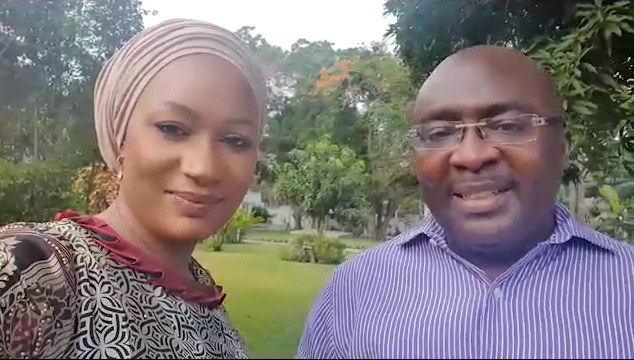
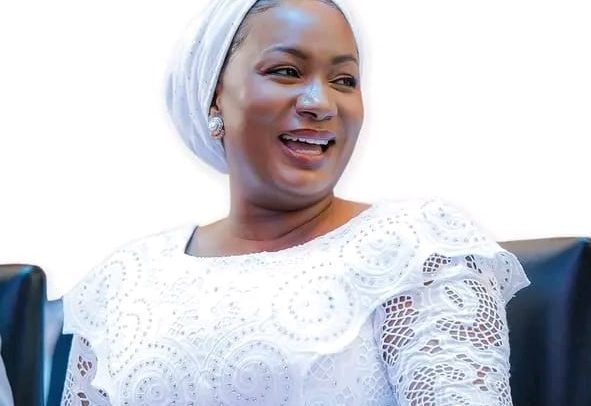
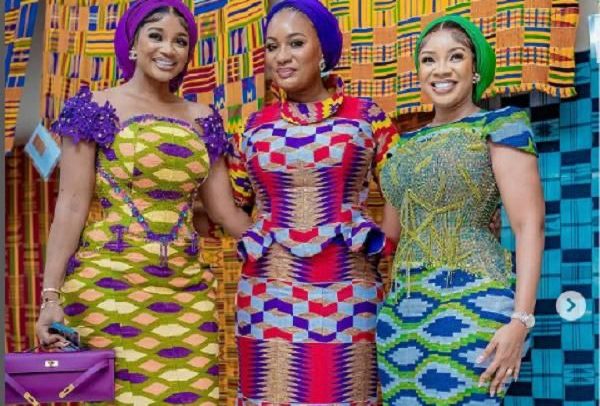
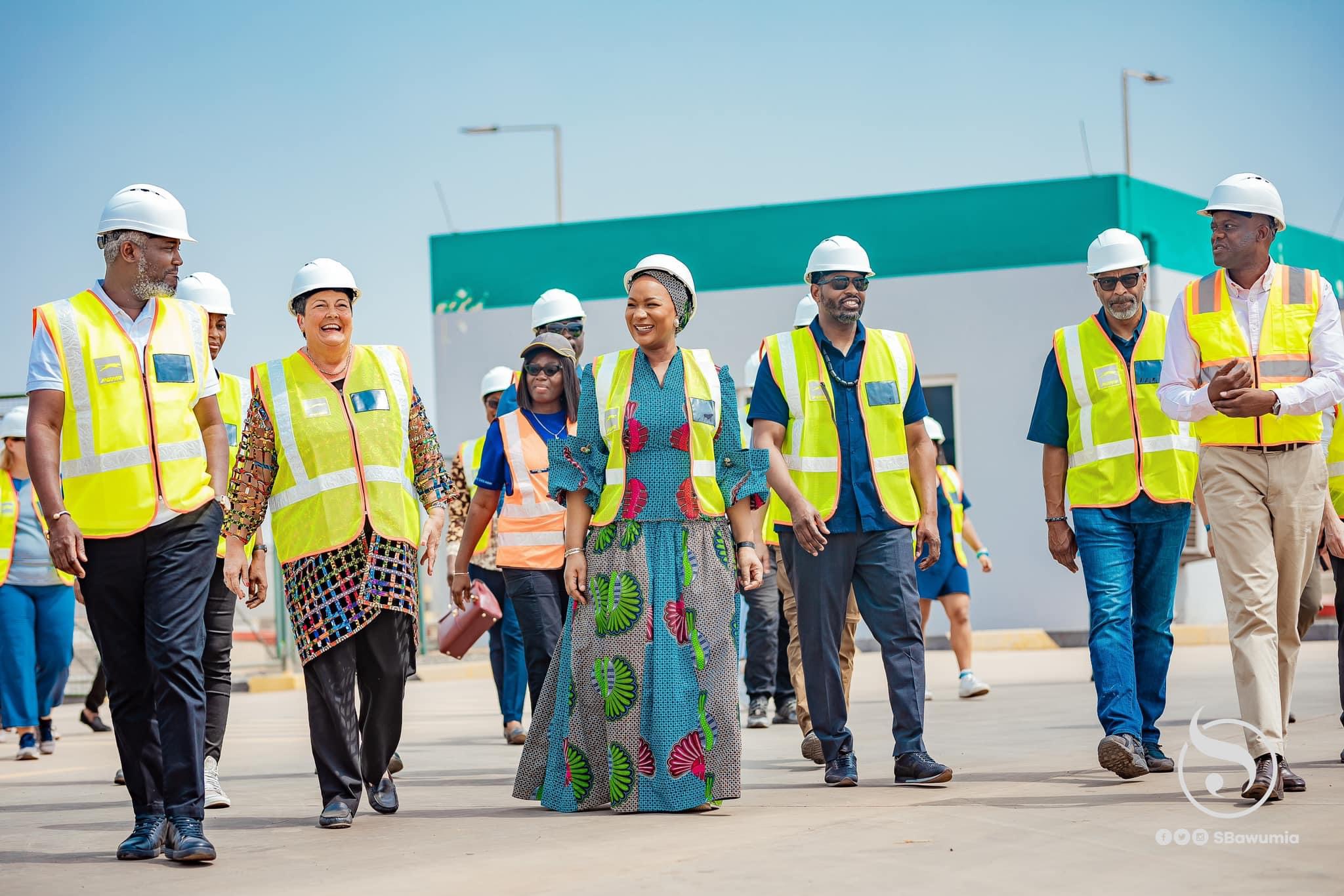
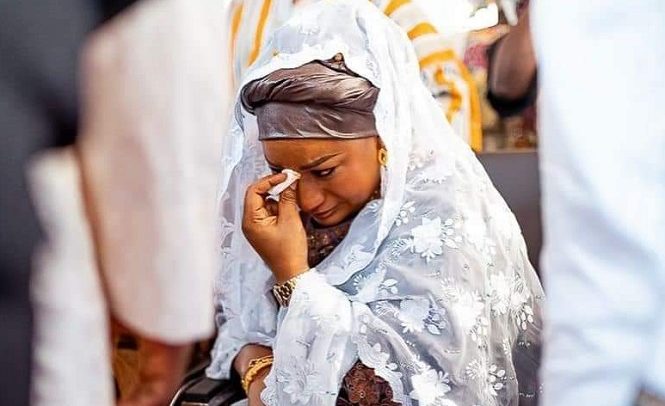
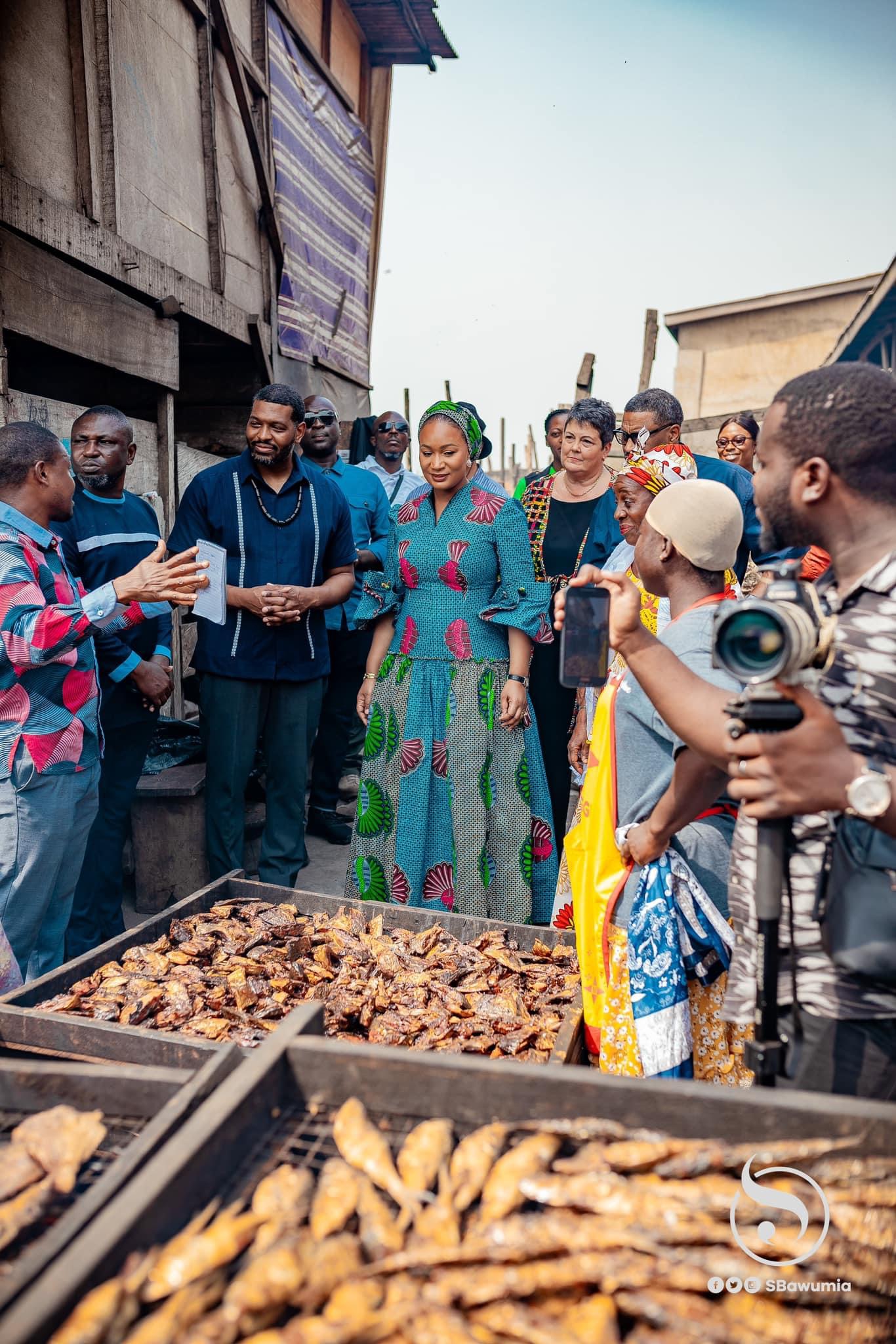














Facebook
Twitter
Pinterest
Instagram
Google+
YouTube
LinkedIn
RSS